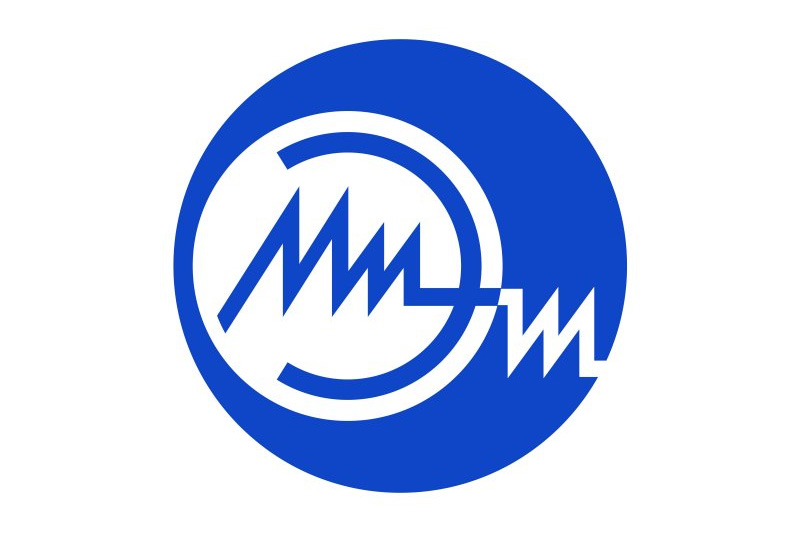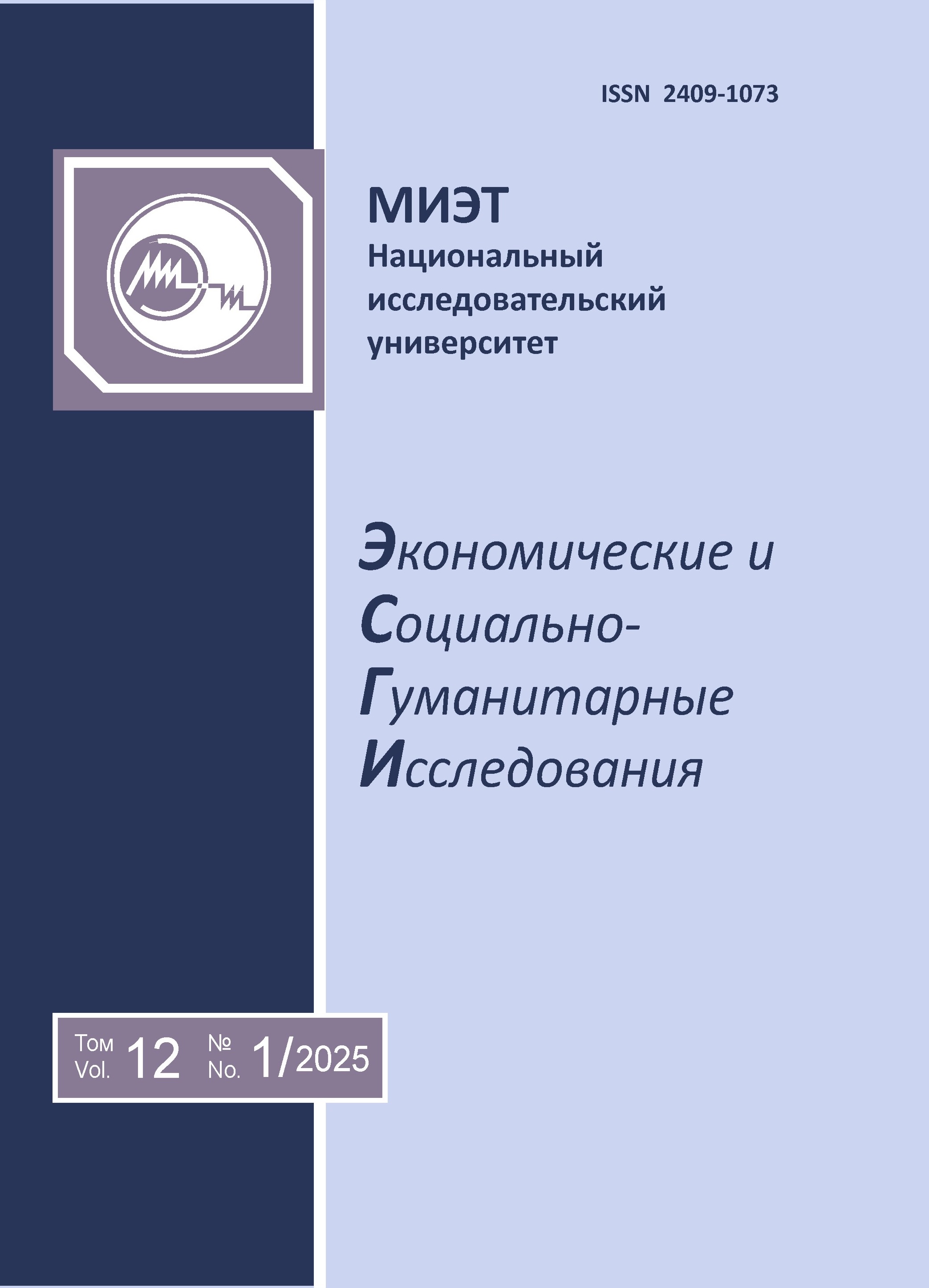employee
employee
Russian Federation
UDC 53
In this work, the level of students’ school background in physics in the field of study 09.03.04 “Software Engineering” is analyzed. A sharp initial differentiation of students in terms of training level was noted. It was proposed to apply multi-level learning technologies. The importance of a multi-level differentiated approach to the certification of students with different levels of training is noted. During the semester and during the exams, it has been proposed to use control materials of different levels of complexity. The effectiveness and pedagogical prospects of this approach are shown based on the results of monitoring the results of student certification in the 2023/24 academic year.
level of school background in physics, multi-level tests, test option choice by students themselves, Moodle electronic system, control papers and exams
1. Bosova L. L., Samylkina N. N., Mishin V. A. “On Multilevel Teaching of Programming in the Basic School Computer Science Course Within the Differentiation of Teaching Content”. Prepodavatel XXI vek 1-1 (2024): 253—273. (In Russian). https://doi.org/10.31862/2073-9613-2024-1-253-273
2. Gorbatyy I. N. Electricity and Magnetism: collection of questions with answers and comments. Moscow: MIET, 2011. 56 p., ill. (In Russian).
3. Gorbatyy I. N., Ovchinnikov A. S. Electricity and Magnetism: collection of questions and tasks in physics. Moscow: MIET, 2007. 208 p.: ill. (In Russian).
4. Krechetnikov K. G. “The Methodology of Multi-Level Individualized Computer Science Education at the University”. Territoriya novykh vozmozhnostey. Vestnik Vladivostokskogo gosudarstvennogo universiteta = The Territory of New Opportunities. The Herald of Vladivostok State University 16.2 (2024): 115—122. (In Russian). https://doi.org/10.24866/VVSU/2949-1258/2024-2/115-122
5. Mikhelkevich V. N., Puzankova A. B. “Technology of Teaching of Engineering Computer Graphics to Undergraduate Students”. Professional’noe obrazovanie v Rossii i za rubezhom = Professional Education in Russia and Abroad 3 (47) (2022): 140—145. (In Russian). https://doi.org/10.54509/22203036_2022_3_140
6. Ovchinnikov A. S. Mechanics and Molecular Physics: collection of problems on the course “General Physics”. 2nd ed., corr. Moscow: MIET, 2019. 152 p. (In Russian).
7. Remizova M. S. “Training with Undergraduates of Different Levels Based on Utilising Learning Strategies (with Regard to Teaching English)”. Mir nauki, kultury, obrazovaniya 1 (98) (2023): 153—155. (In Russian). https://doi.org/10.24412/1991-5497-2023-198-153-155
8. Rubanova N. A., Shved E. A. “Experience in Implementation of Personality-Centered Technologies (Based on Teaching Mathematics to Students of a Technical University)”. Vestnik OmGPU. Gumanitarnye issledovaniya = Review of OSPU. Humanitarian Research 2 (39) (2023): 193—198. (In Russian). https://doi.org/10.36809/2309-9380-2023-39-193-198
9. Timkin S. L., Maksimov A. V., Grisimov A. V., Moskalyov G. N. Teaching with LMS Moodle on the E-Learning Portal: guidance manual for a university teacher. Omsk: Omsk F. M. Dostoevsky State Up, 2022. 68 p. (In Russian).
10. Fedorenko I. V. Mechanics. Molecular Physics: collection of test tasks. Moscow: MIET, 2022. 64 p. (In Russian).
11. Khamula L. A., Anisimova E. S. “Peculiarities of Test Control in a Foreign Language Within a Personalized Approach”. Professional’noe obrazovanie v Rossii i za rubezhom = Professional Education in Russia and Abroad 2 (54) (2024): 192—198. (In Russian). https://doi.org/10.54509/22203036_2024_2_192







